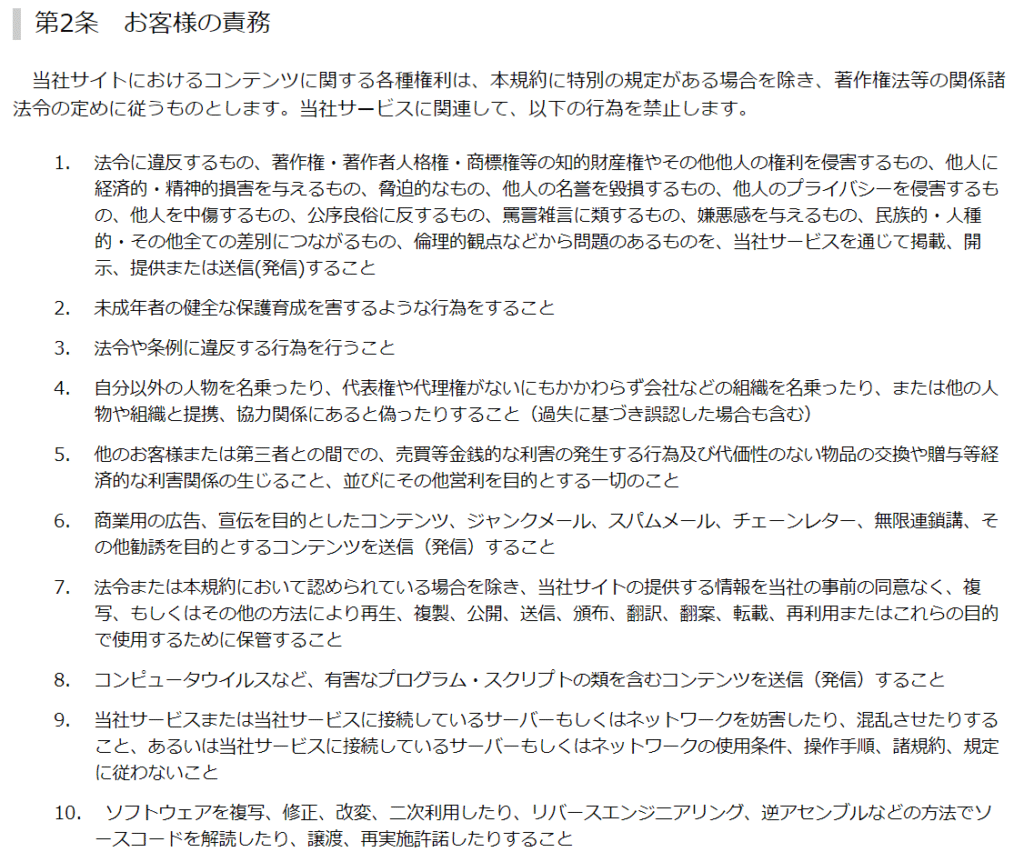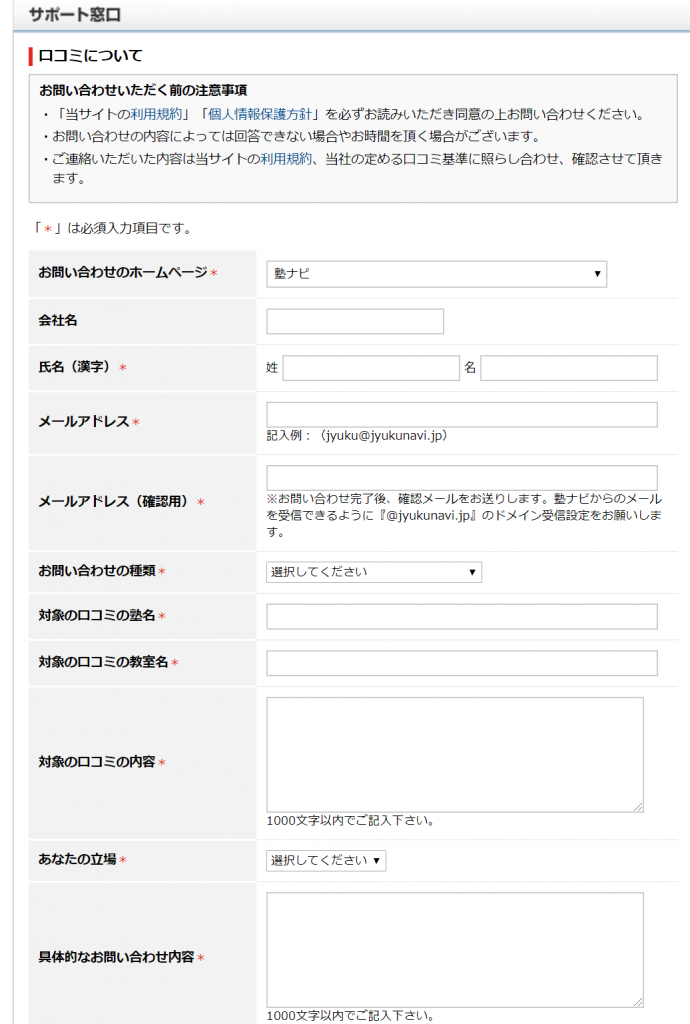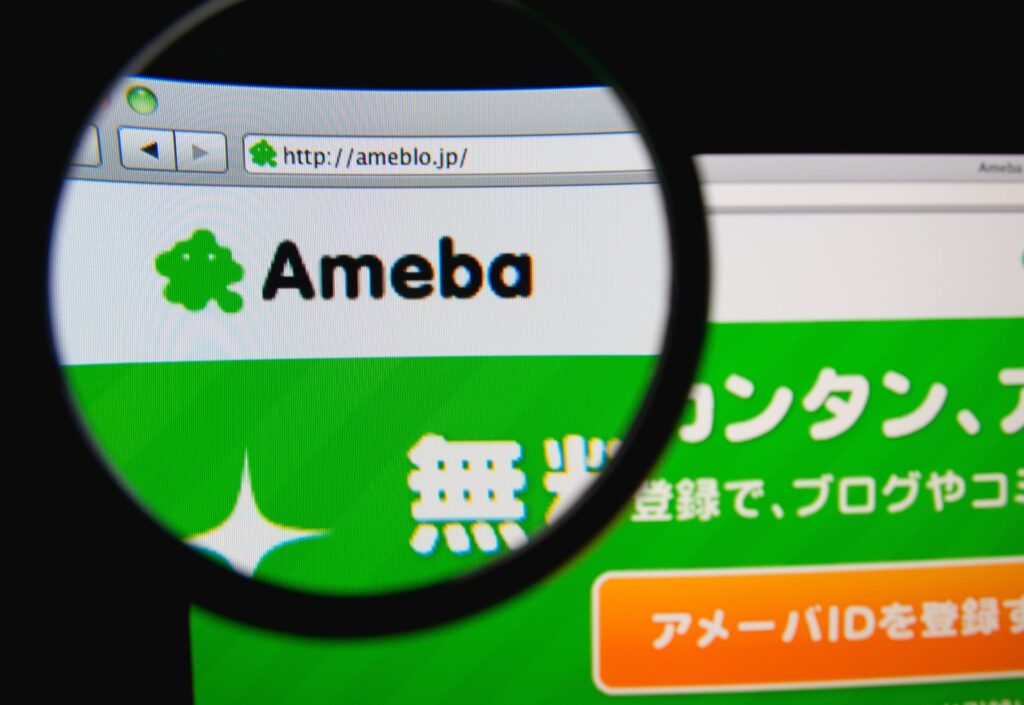Dealing with Bad Reputation Spread on 'Juku Navi'! How to Handle Reputational Damage

In Japanese education, cram schools play a very significant role. However, the cost of children’s cram schools and preparatory schools is often set high, and the success or failure of a child’s entrance exam can be influenced by the chosen school. Therefore, the choice of cram school for a child becomes extremely important.
Here, the importance of cram school review sites comes into play. Among them, ‘Juku Navi’ has surpassed 23.5 million annual users, making it the number one cram school and preparatory school site in terms of users.
With approximately 87,000 listed classrooms and 230,000 reviews, it features cram schools from all over the country. It can be said to be the review site with the most exposure to parents and children who are looking for cram schools.
Therefore, for the operators of cram schools and preparatory schools, unexpected reputational damage due to reviews can be a concern. In this article, we will explain how to deal with defamation posted on ‘Juku Navi’.
Search for Reviews of Cram Schools and Prep Schools on “Juku Navi”

“Juku Navi” is a search site for cram schools and prep schools operated by Itokuro Inc.
Information about cram schools and prep schools is listed on the site, and users can search for schools based on their location and other criteria. Through “Juku Navi”, users can also request information materials from these schools. In addition, the site features rankings based on its own criteria and reviews from actual enrollees, which greatly influence users’ decisions when choosing a cram school or prep school.
Types of Reputational Damage Occurring on “Juku Navi”

The types of reputational damage that can occur on “Juku Navi” can be broadly divided into the following categories.
False Information
On “Juku Navi”, anyone can easily post reviews as long as they register a phone number. Therefore, it is conceivable that employees of rival companies may intentionally post false information about their competitors.
For example, a review might state that “The teachers at A cram school are all part-time students,” even though in reality, only full-time members are working at the cram school.
If such incorrect information is posted and users believe it to be true, the reputation of the cram school or preparatory school may decline, potentially leading to a decrease in enrollees.
Furthermore, there may be cases where students who believed the false information and enrolled find that the actual situation differs from the posted information, leading to complaints. Additionally, if it is communicated through reviews or social media that the posted information is false, the cram school or preparatory school may lose trust.
Defamation
On review sites, negative evaluations are often posted based on misconceptions, regardless of whether they are true or not. Such reviews can sometimes amount to defamation, such as slander or libel.
For example, a review might state, “The teachers at B preparatory school are intimidating towards parents, which is scary.”
Seeing such a review, many parents would hesitate to send their children to that preparatory school. If such defamatory reviews are left unaddressed, the number of new enrollees may decrease, causing significant damage to the management of the preparatory school.
How to Handle Negative Reviews on “Juku Navi”

If you are actually suffering from reputational damage due to defamation or similar issues in the reviews on “Juku Navi”, there may be cases where you can delete the said reviews. In the following, we will explain the process of how to go about deleting them.
Requesting Removal for Violation of Terms of Use
If you wish to remove a review from “Juku Navi” (Japanese Cram School Navigator), one method is to request the operator of “Juku Navi” to remove the review on the grounds that it violates the terms of use.
False and Defamatory Statements are Prohibited under Article 2 of the Terms of Use
“Juku Navi” stipulates the following actions as prohibited in Article 2 of its terms of use.

For example, a false review such as “The teachers at A cram school are all student part-timers” could be argued to fall under Prohibited Act 16: “Intentionally sending (transmitting) false information in requests for materials, reviews, etc.”
However, whether the teachers at the cram school are students or not is not something that “Juku Navi” can immediately determine. Therefore, when claiming that it falls under Prohibited Act 16, it is necessary to make the operator understand that the post stating “all student part-timers” is false, for example, by providing the URL of a site where the teacher’s profile is posted.
Also, defamatory reviews such as “The teacher at B prep school is intimidating to parents and scary” or “D teacher at C cram school has strong likes and dislikes among students and is poor at teaching” can be argued to fall under Prohibited Act 1: “Defaming the honor of others”.
“Posting, disclosing, providing or transmitting through our services anything that violates laws, infringes on copyrights, author’s moral rights, trademark rights or other intellectual property rights or other rights of others, causes economic or mental damage to others, is threatening, defames the honor of others, invades the privacy of others, slanders others, is against public order and morals, is abusive, causes disgust, leads to ethnic, racial or any other discrimination, or is problematic from an ethical perspective.”
https://www.itokuro.jp/termsofservice/[ja]
Regardless of whether the content of the review is true, the content that the teacher is intimidating or has strong likes and dislikes and is poor at teaching casts doubt on the teacher’s personality. Therefore, it can be said to be defamatory to the prep school teacher.
Requesting Removal through the Inquiry Page
“Juku Navi” has an inquiry page for reviews about cram schools and prep schools. If a review violates the terms of use, it is possible to apply for the removal of the review from the following page.

What is particularly important here is the “Specific Inquiry Content” field.
In this field, you need to specifically point out which clause of the prohibited acts defined in the terms of use the problematic review violates. Therefore, it is important to read and understand the terms of use thoroughly before applying for removal.
Also, “Juku Navi” states that it will respond in about 5 business days as a rule. However, whether to comply with the removal request is determined by “Juku Navi”, so it is important to note that it does not necessarily mean that the review will be removed.
Requesting Removal for Defamation

Defamatory posts can be illegal. A typical example is when defamation is established.
Specifically, defamation can be established when a review contains facts that lower a person’s social reputation. However, defamation is not established if the posted facts are true or if there are legitimate reasons or grounds to believe they are true.
We explain the requirements for establishing defamation in detail in the following article.
Related article: What are the conditions for suing for defamation? Explaining the recognized requirements and the average compensation[ja]
For example, if a review states that a prep school teacher is having an affair with a student, defamation becomes an issue. The fact of having an affair is generally considered a specific fact that lowers a person’s social reputation. Therefore, if such a fact does not exist at all, there is a possibility that defamation can be established.
In such cases where a review becomes illegal, it is possible to request the site administrator to take transmission prevention measures based on the Japanese Provider Liability Limitation Act.
Transmission prevention measures refer to the process where, when an article or post that defames or infringes on privacy is posted on the internet, the provider who has been requested to delete the article or post judges whether the deletion is appropriate, and if judged appropriate, the article or post is deleted.
Therefore, it is important to note that, just like deletion requests based on violations of terms of use, the provider does not necessarily comply with the deletion.
If the review is not removed even by a deletion request from the inquiry page or a request for transmission prevention measures, it becomes necessary to use legal proceedings to demand forced deletion.
Filing for Deletion through Provisional Disposition Proceedings

For the deletion of reviews, you can utilize provisional disposition, which is different from regular court proceedings. Provisional disposition proceedings are temporary and conclusions are typically reached within a short period of about 1 to 2 months.
However, even though these are temporary proceedings, it is necessary to convincingly argue the legal basis for the deletion to the court. It can be difficult to make such an argument convincingly on your own.
Therefore, if you need to use provisional disposition proceedings, we recommend that you consult with an attorney. We provide a detailed explanation of the provisional disposition for requesting the deletion of posts in the article below.
Related Article: What is the “Deletion Provisional Disposition” Important in Defamation Measures[ja]
Identifying the Poster through Provisional Disposition Procedures
In addition to requesting the removal of reviews, it is also possible to consider demanding compensation from the poster for damages incurred due to the publication of the review.
In this case, in order to identify the actual person who posted these reviews, it is necessary to request the disclosure of the sender’s information along with the request for deletion of the post. For more details on the request for disclosure of sender’s information, please refer to the article below.
Related article: What is a request for disclosure of sender’s information? A lawyer explains the method and points to note[ja]
Summary: Legal Measures to Take if Negative Reviews are Spread on ‘Juku Navi’

We have explained the features of ‘Juku Navi’, the contents of its terms of use, patterns of reputational damage, and how to respond in such cases. Naturally, even if the information is unfavorable to oneself, if it is true, it must be accepted as a legitimate evaluation.
However, if the information posted does not match the truth at all, or if the content goes beyond the general moral boundaries and can be considered as defamation, it is necessary to take firm measures instead of leaving such posts unattended.
In such cases, as mentioned above, legal procedures may be necessary, so consult with a lawyer who is well-regarded for handling reputational damage.
Introduction to Our Firm’s Measures
Monolith Law Office is a legal office with high expertise in both IT, particularly the internet, and law.
In recent years, overlooking information related to reputational damage and slander spread on the internet can lead to serious harm. Our firm provides solutions for managing reputational damage and online crises. Details are provided in the article below.
Category: Internet





















